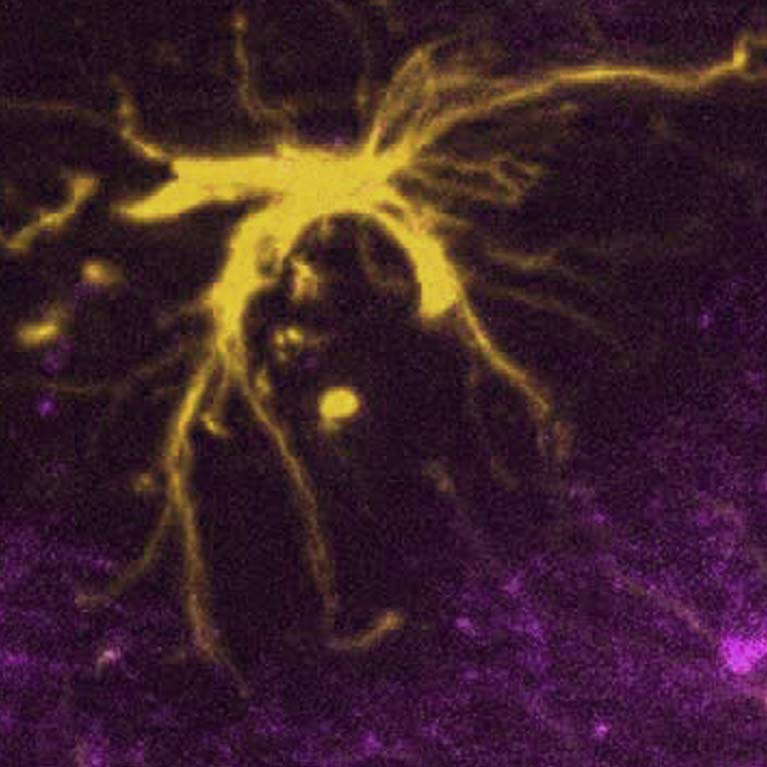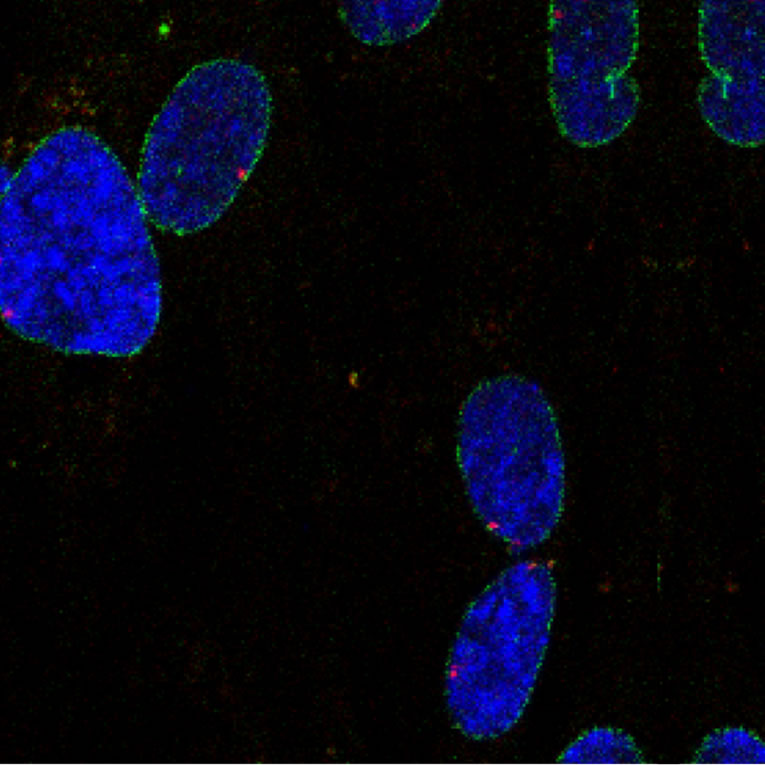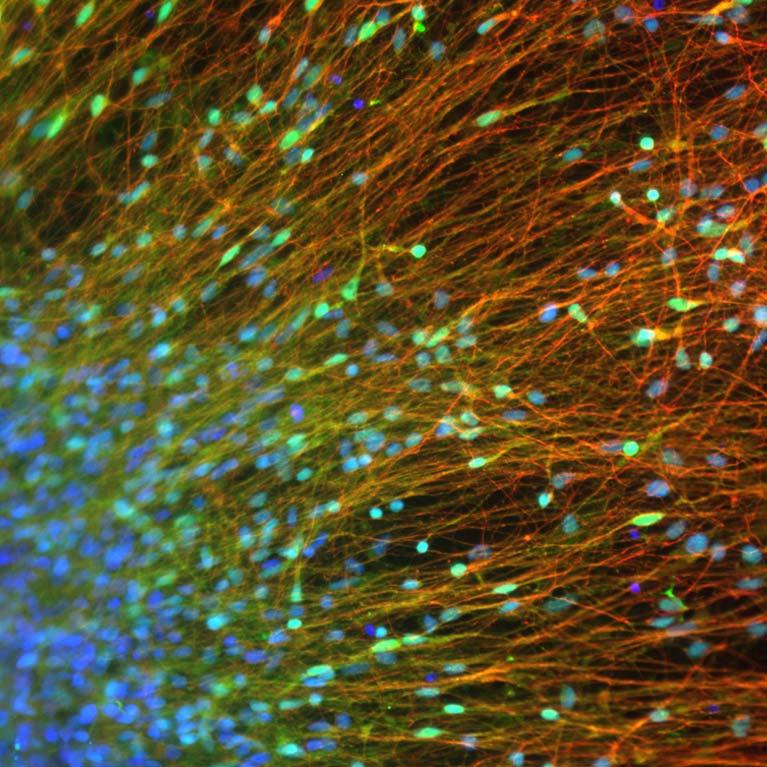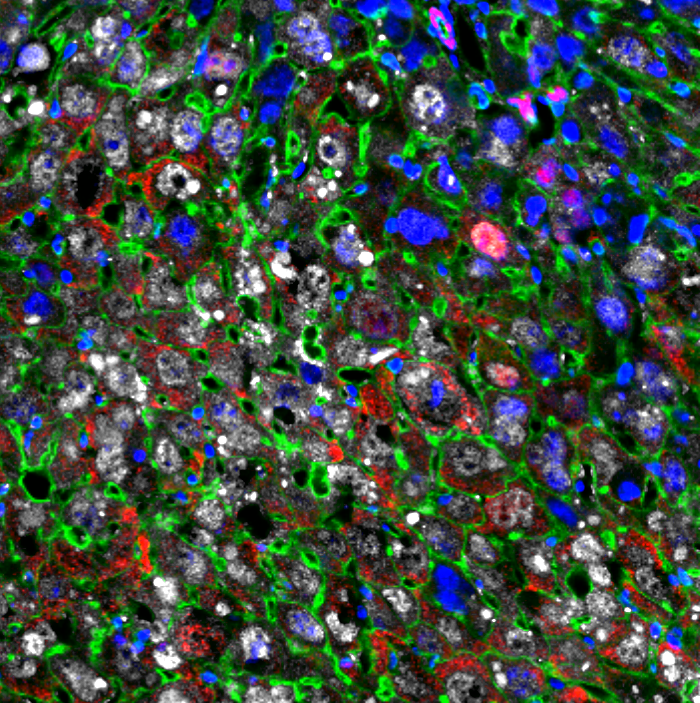Overview
Salk’s ultimate goal is to find personalized interventions that increase the number of healthy and productive years of human life, known as our health span.
Salk is home to several experts in the known hallmarks of aging—for example, genome instability, mitochondrial dysfunction, and inflammation—but the secret sauce is that they interact with each other to understand how these hallmarks interact with each other, in contrast to the typical siloed approach. In addition to a person’s inherited genetics, Salk researchers are also deeply concerned with how environmental factors and lifestyles affect the trajectory of aging.
To drive this cross-disciplinary synergy, Salk established the Paul F. Glenn Center for Biology of Aging Research in 2009 with a grant from the Glenn Foundation for Medical Research, and the San Diego Nathan Shock Center of Excellence in the Basic Biology of Aging in 2020, as a consortium that includes Salk, UC San Diego, and Sanford Burnham Prebys.




